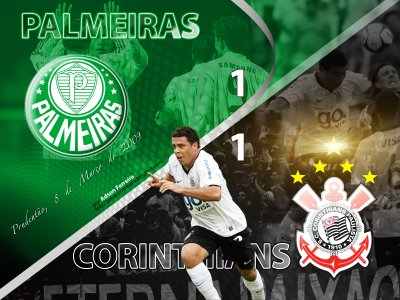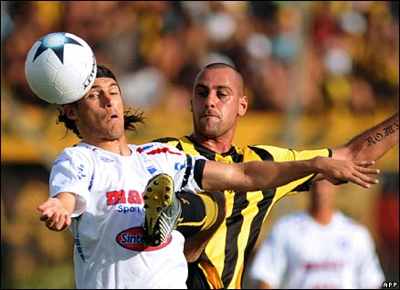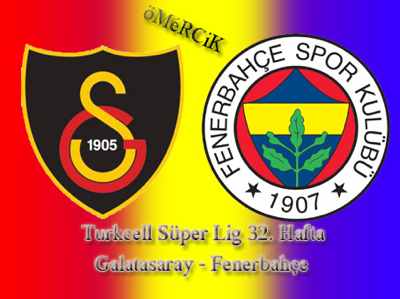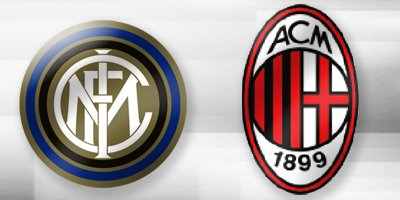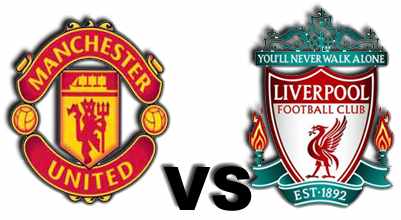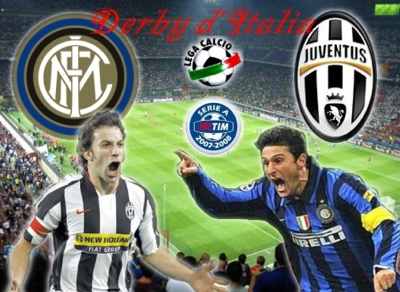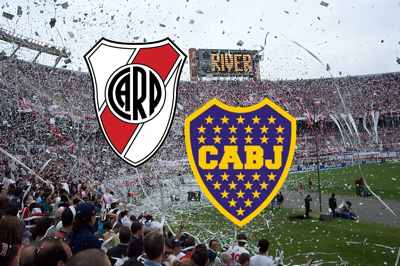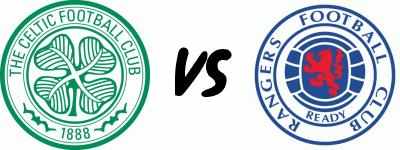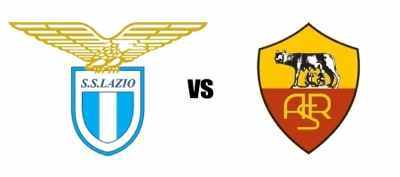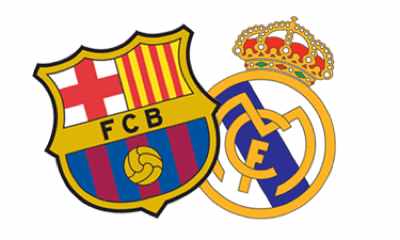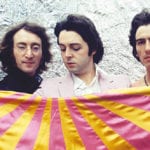Derby Paulista is a name that is known among the traditional São Paulo soccer clubs, Sport Club Corinthians Paulista and Sociedade Esportiva Palmeiras. It is the rivalry between two football clubs still active in the oldest city of São Paulo. The Derby Paulista is among the 10 greatest classics of the world. Corinthians and Palmeiras have already decided state championships (Campeonato Paulista), regional (Torneio Rio-São Paulo), national (Campeonato Brasileiro) and wave to the end of continental competition (Libertadores Cup of America). No other classic has decided so many major championships. A big rivalry in the Brazilian state of São Paulo, SE Palmeiras and Corinthians have always drawn a lot of attention when they face off against each other. There have been books written and movies shot about this rivalry, including a version of Romeo and Juliet where Palmeiras and Corinthians take the place of the Montagues and Capulets.
One of football’s classic derbies, since the late 19th century, the Uruguayan Clásico is the confrontation between the two greatest teams of Montevideo: Nacional and Peñarol. Both teams have played a big part in developing South American football, and are respected in the Americas and worldwide, despite their recent lack of international success. Together they make up 8 Copa Libertadores and 6 Intercontinental Cups. The 0-0 draw of 14 April, 1990, was not for lacking a good fight, 22 red cards, 11 each side, (Nacional-9 field players and 2 bench players). The match ended at 85′ for the rule of less than 7 players. Then the 1-1 match of 26 November, 2000, ended in another confrontation with several boxing and karate kicks and chops, in which 9 players had to spend a month in jail, along with one of the coaches. Two editions of the match were played abroad, one in La Plata (Argentina) in 1960, the other in La Coruña (Spain) in 2005, due to the risk of local crowd interruption & brawling.
Fenerbahçe SK versus Galatasaray SK is a Turkish football rivalry involving two of the most successful clubs in the Süper Lig. It is also a local derby, one of many involving Istanbul clubs. The rivalry is more than a century in existence, and has developed into an intense and often bitter one, traditionally attracting large attendances. Both clubs compete against each other for the title of the most successful football club in Turkey, as well as the greatest Turkish sports club overall. Their football departments have always been the most attractive among their fans, but the rivalry also extends into other team sports such as basketball, volleyball, athletics, rowing. Galatasaray SK is the more successful of the two, having won 68 official titles compared to Fenerbahçe SK’s 66 titles. Fenerbahe SK is the most successful in their head-to-head fixtures, while Galatasaray SK boasts of their achievement in winning the 2000 UEFA Cup Final and the 2000 UEFA Super Cup, being the only Turkish side to have won them so far.
Derby della Madonnina, or the Milan Derby as it is sometimes known, is a football match between the Italian clubs Associazione Calcio Milan and Football Club Internazionale Milano. It is a hotly contested local derby and is one of the most followed derbies in the football world. Along with the Rome and Turin derbies, it is widely considered one of the major cross-town derbies in the Serie A, so much so that only selected referees may officiate whenever these teams meet. It is a biannual fixture in the Italian football league Serie A; however, the derby has also taken place in the Coppa Italia and the UEFA Champions League. It is the only derby in Europe played by two teams which have been champions of Europe and the world. It is called “Derby della Madonnina” in honor of one of the main sights of the city of Milan, the statue of the Virgin Mary on the top of the Duomo, which is usually called “Madonnina”.
The history between Liverpool and Manchester United is one of the most significant sporting rivalries in football, sometimes referred to as the North West derby. Both clubs hail from the North West of England, they are also the two most successful teams in England, and between them they have won 115 honors. With Manchester United’s victory in the Premier League season 2008-09, the two clubs are tied with 18 league titles in England. Despite Liverpool’s success in England, they have failed to win the Premier League, since its founding in 1992. Winning the League Cup in 2010, Manchester United set a new English record of 33 domestic honors – moving one clear of the Merseysiders for the first time. As well as competing on the football pitch, both teams are also two of the biggest-earning, and widely-supported, football clubs in the world. The rivalry has extended to the players as well.
The name Derby d’Italia (Italian for “Derby of Italy”) was coined back in 1967, by the famous Italian sports journalist Gianni Brera, as the biannual football fixture in Italian football between Internazionale of Milan and Juventus of Turin. The name was also given to this fixture as Inter and Juventus were (as in 1967) the two teams with the highest number of international (the first) and national (the latter) honors. The matchup between Juventus and Inter is one of the most intense derby matches in Italy, between two teams not from the same city. The two teams are also ranked first and second in wins and goals in Serie A history. The match features two clubs who have never been relegated from the Serie A (prior to the Calciopoli scandal in which Juventus were forcefully relegated for their role in it).
Superclásico is the name used to describe the football match in Argentina between Buenos Aires rivals Boca Juniors and River Plate. It derives from the Spanish usage of “clásico” to mean derby, with the prefix “super” used as the two clubs are the most popular and successful clubs in Argentine football. Due to their huge fan bases (Boca has 40% of the Argentine population and River 33%), and remarkable success, the enmity encompasses a major part of the country’s populace. Known worldwide for the passion of the fans, the stands of both teams are loaded with passionate songs (often based on popular Argentine rock band tunes) against their rivals, fireworks, flags and rolls of paper, and sometimes end in riots between the most ardent supporters of both sides, or against the police. Tourists from around the globe come to Argentina to watch the match, sometimes even with packages that include a ticket to the Superclásico. The Superclásico is known worldwide as one of the fiercest and most important derbies. In April 2004, the English newspaper, The Observer, put the Superclásico at the top of their list of “50 sporting things you must do before you die”, saying that “Derby day in Buenos Aires makes the Old Firm game look like a primary school kick-about.”
One of the biggest and most intense derbies in the world, the Old Firm derby between Scottish teams Celtic and Rangers, is more than a football match – it pits religion, politics and opposing social attitudes against each other. Both clubs play in Glasgow, Scotland, and the match is one of the oldest derbies in the world, dating back to 1888. The Old Firm derby is also one of the most contested matches in the world, with over 370 games having been played. The matches are played at either Ibrox Stadium with 51,000 fans, or Celtic Park in front of 60,000. In some cases, the match is played at Hampden Park, if the tie happens to be a Scottish Cup or Scottish League Cup final or semi-final. Both teams have won many titles, but currently Rangers are ahead of Celtic with 53 league titles to 42. The most recent Old Firm ended Celtic 2-1 Rangers. This rivalry is considered by many to be one of the most fervent in the world, with amazing atmospheres and loud chanting, it is easy to understand why it is. Millions tune in to the Old Firm derby across the globe. Rangers are considered a Protestant club with Unionist and loyalist supporters, while Celtic are considered a Catholic club with Republican and Nationalist supporters. It has long had connections with the political conflict in Northern Ireland, with thousands of fans from Northern Ireland and the Republic of Ireland making the trip to Scotland for these matches. There is even violence in Northern Ireland following Old Firm games. Indeed, the rivalry between the two clubs is so great that only five players have ever moved between clubs. In 1980, around 9,000 fans fought an on-pitch battle in the aftermath of Celtic’s 1-0 victory in the Scottish Cup Final at Hampden. This remains the worst invasion onto a football pitch ever reported. The Old Firm rivalry fuels many assaults and many deaths on Old Firm Derby days; an activist group that monitors sectarian activity in Glasgow has reported that on Old Firm weekends, admissions to hospital emergency rooms increase nine fold over normal levels, and journalist Franklin Foer noted that in the period from 1996 to 2003, eight deaths in Glasgow were directly linked to Old Firm matches, and hundreds and thousands of assaults.
The Derby della Capitale (English: Derby of the capital) is the local football derby in Rome, Italy, between the two major teams of the city, Lazio and Roma. It is considered to be the fiercest derby in the country ahead of the other major local derbies, Derby della Madonnina (Milan derby) and Derby della Mole (Turin derby), and one of the greatest and hotly contested capital derbies in Europe. The derby has been historically marked by massive crowds, excitement, violence and – recently – racist banners in the crowd. Some extreme incidents in particular have left their mark on the history of this fixture. In 1979, Lazio fan Vincenzo Paparelli was hit in the eye and killed by a flare fired by a Roma fan from the opposite end of the stadium, becoming the first fatality in Italian football due to violence. In 2004 an unprecedented event occurred when the Roma ultras forced the game to be suspended after spreading false rumors among the crowd that a child had been killed by the police prior to the beginning of the game. In the recent derby, in December 2009, the referee stopped play for some seven minutes, just 13 minutes into the first half, due to fireworks being thrown onto the pitch. The derby on March 21, 2004, was abandoned four minutes into the second half, with the score tied at 0–0, when a riot broke out in the stands and the president of the Italian Football League, Adriano Galliani, ordered referee Roberto Rosetti to suspend the match. After the match was postponed a prolonged battle among fans and between fans and police ensued, with stands being set on fire and people fleeing the stadium, eventually resulting in over 13 arrests and over 170 injured among the police alone.
The rivalry between FC Barcelona and Real Madrid, in Spain, is generally considered to be the biggest in football, and is similar in context to Celtic – Rangers. From the start the clubs were seen as representatives of two rival regions in Spain, Catalonia and Castile respectively, as well as the two cities themselves. In the 1950s, the rivalry was intensified further when the clubs disputed the signing of Alfredo Di Stéfano, who finally played for Real Madrid and was key in the subsequent success achieved by the club. As Barcelona and Real Madrid are the two biggest, and most successful, clubs in Spain, the rivalry impacts the league championship on an almost annual basis. The flash-points of this rivalry are the twice-a-season clásicos, which draw vast audiences from around the world. Real has won more La Liga and Champions League titles than Barça, but Barça has won more Spanish Cups, Cup Winners Cups and UEFA Cups. Also Barça became the first Spanish team to win the treble (2008–2009). In 2009, they won six competitions, becoming the first team to win all competitions they entered in a calendar year. The rivalry has also been strengthened throughout time by Real Madrid and Barcelona top players who have defected to their arch-rival. Notable Barcelona players who have later played for Real Madrid include Bernd Schuster (1988), Michael Laudrup (1994) and Luís Figo (2000). Luis Enrique switched from Real Madrid to Barcelona in 1996 and went on to captain the Blaugrana. A 2007 survey by the Centro de Investigaciones Sociológicas determined that Real Madrid was the team with the largest following in Spain with 32.8% of football fans, while Barcelona had 25.7%. The next team, Valencia CF, was 5.3%. Barcelona in turn seems to be the most popular team in Europe. According to a survey made by SPORT+MARKT in 2009, Barcelona have about 44.2 million supporters throughout Europe, which is about 2.9 million more than the number of Real Madrid supporters.
